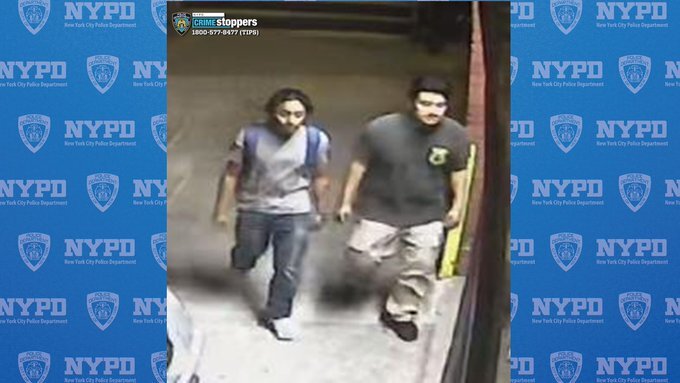A 38-year-old man apprehended as a result of a DNA sample that he had been required to provide in an unrelated drug case has been sentenced to up to 45 years in prison for the 1996 violent attack of a 30-year-old Richmond Hill beauty salon employee whom he raped and robbed.
“For 10 years, the defendant mistakenly believed that he would never be caught,” said District Attorney Richard A. Brown. “However, as a result of the City’s DNA Backlog Project, which is an initiative that reopens sexual assault cases in which perpetrators are identified by using DNA from rape kits and matching them with the DNA profiles of convicted felony offenders on file with the New York and national DNA databanks, he was unable to escape justice.”
Alex Jackson, 38, who is presently serving a 21/2 to 5 year prison term at the Riverview Correctional Facility in Ogdensburg, New York, was convicted earlier this month of first-degree rape, second-degree burglary and first-degree robbery.
Queens Supreme Court Justice Richard L. Buchter, who presided at the two-week jury trial, imposed the indeterminate sentence of 22 1/2 – 45 years in prison.
According to the trial testimony, at about 4 p.m. on April 1, 1996, the defendant forced his way into the Cedeno Hair Salon, located at 88-02 Van Wyck Expressway in Richmond Hill, after store hours. Upon entering, Jackson produced a black handgun and forced the store’s lone occupant - a 30-year-old female employee - into the bathroom where he raped and robbed her of $150 in cash. Jackson warned the victim that if she told anyone he would come back the next day.
Before fleeing on foot, he taunted the victim by leaving behind a piece of paper on which he had scribbled a false name and phone number and saying, “If you like me, you can call me.”
The victim was treated at a local hospital where medical personnel prepared a sexual assault evidence kit, which included DNA evidence recovered from the victim. When Jackson was recently convicted of felony sale of a controlled substance in Manhattan, a DNA sample was taken by New York law enforcement officials. That sample was entered into the National DNA database known as CODIS (Combined DNA Index System) and positively matched the rape kit DNA collected in the Richmond Hill case.

































